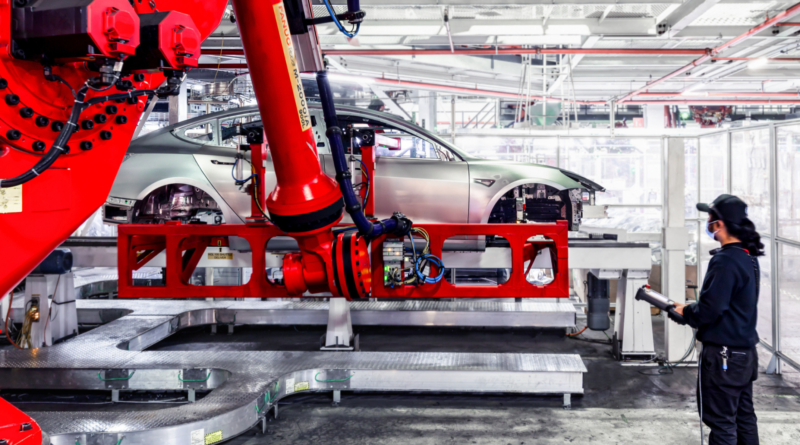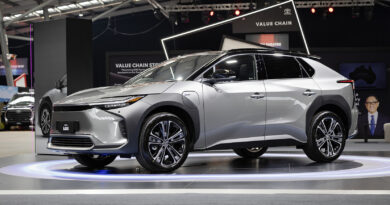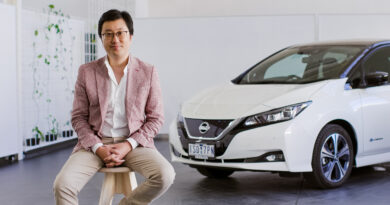Australia can be EV manufacturing hub, but govt needs to act now: report
A report released today outlines how Australia could reignite its car manufacturing industry and become a major producer of electric vehicles.
Foremost among those requirements, says the Australia Institute think tank’s Carmichael Centre, is swift and decisive federal government action.
Considering it was an earlier iteration of the current conservative government that fell out with General Motors ahead of the final collapse of Holden and the local manufacturing industry last decade, gaining that action might not be easy.
READ MORE: Holden’s EV future: What could have been
READ MORE: $5m Budget spend to encourage Australian EV manufacturing
EXCLUSIVE REPORT: EV year ahead: Every new electric car coming to Australia in 2022
Nevertheless, the lead author of “Rebuilding Vehicle Manufacturing in Australia: Industrial Opportunities in an Electrified Future”, Dr Mark Dean, says a unique combination of advantages has handed Australia a historic chance to become a sustainable global manufacturer of electric vehicles.
He insists Australia is uniquely blessed with advantages to attract and retain EV manufacturing and rebuild the nation’s car-making capacity
“When it comes to creating an EV manufacturing sector, Australia enjoys advantages other nations would die for: rich reserves of lithium and rare earths, strong industrial infrastructure, a highly skilled workforce, powerful training capacity, abundant renewable energy options, and untapped consumer potential,” said Dr Dean.
“And contrary to popular belief, we wouldn’t be starting from scratch. Thanks to the resilience of our remaining automotive manufacturing supply chain, a surprising amount of auto manufacturing work – including components, specialty vehicles, and engineering – still exists here.”
The report makes a number of recommendations including:
- Establishing an EV Manufacturing Industry Commission
- Using tax incentives to encourage firms involved in the extraction of key minerals – primarily lithium and rare earths – with local manufacturing capabilities, especially emerging Australian EV battery industries
- Introducing a long-term strategy for vocational training, ensuring the establishment of skills to service major EV manufacturers looking to set up operations Australia
- Offering major global manufacturers incentives (tax incentives, access to infrastructure, potential public capital participation, etc) to global manufacturers to set up – especially in Australian regions undergoing transition from carbon-intensive industries
- Introducing local procurement laws for the rapid electrification of government vehicle fleets
“No nation builds a major industry without its government taking a proactive role. Our new research shows there’s no excuse for inaction, because there are a huge range of powerful levers our government could be pulling,” Dr Dean said.
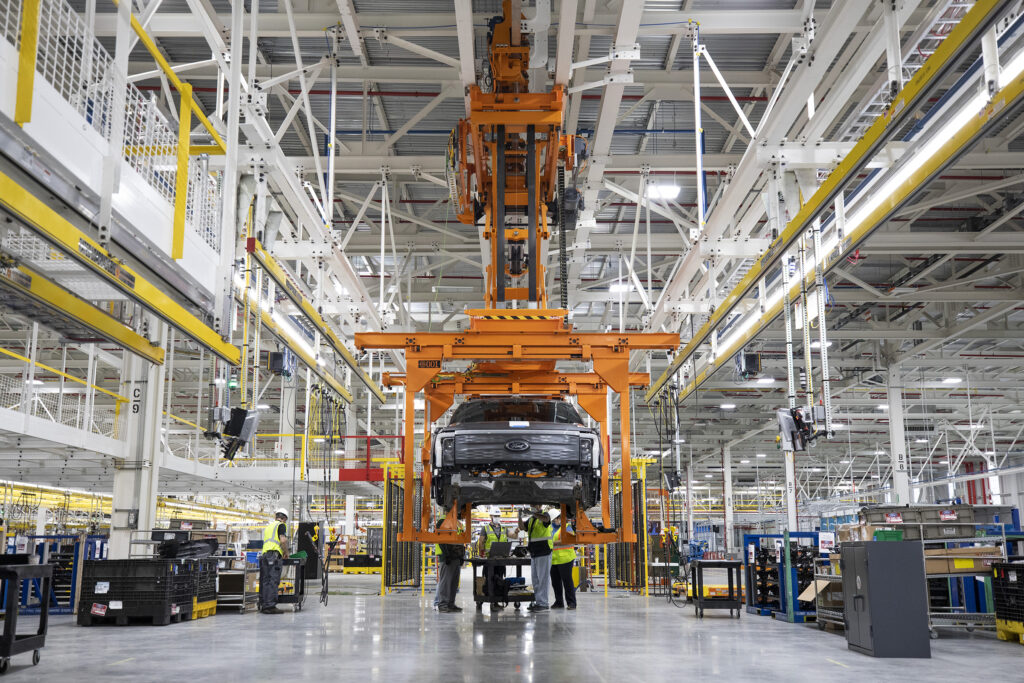
“If we capture the moment we’ll capture abundant benefits: creating tens of thousands of regional manufacturing jobs, reducing our dependence on raw resource extraction, reinforcing our accelerating transition toward non-polluting energy sources, and spurring innovation, research, and engineering activity in Australia. We just need our government to act.”
The report was sceptical about the federal government’s efforts to support EVs.
“Despite growing support for a larger role for Australia in EV manufacturing, and increasing consumer demand for EVs, the further development of the industry is held back by an Australian policy context lacking federal leadership and consistency,” it noted.
However, countries that are currently manufacturing EVs are typically struggling to keep up with surging global demand. The recently-remodelled Ford Rouge centre had initially planned to build 40,000 F-150 Lightning EVs annually, but before the first car was produced Ford was readying the plant for capacity of 150,000 vehicles, such is the early interest in electric utes.
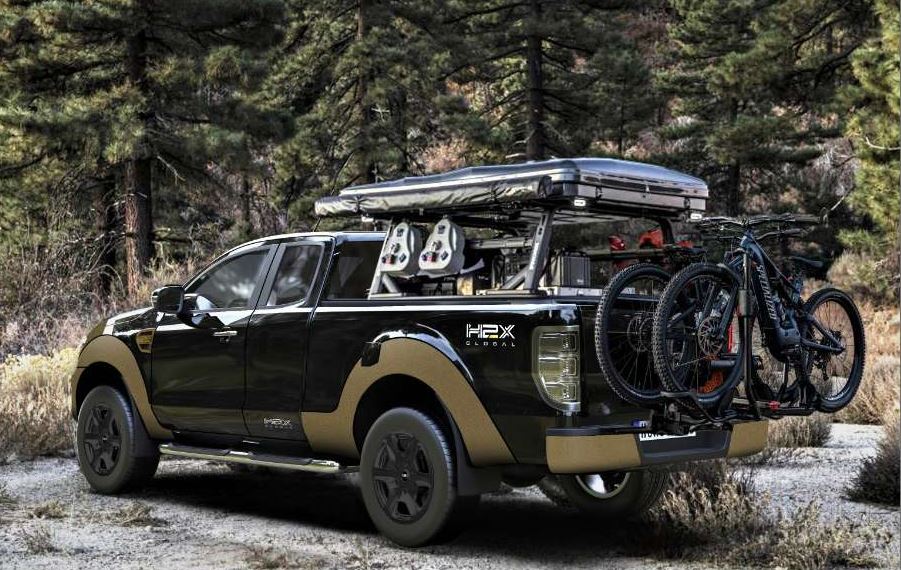
There is currently no mass-scale production of EVs in Australia. SEA Electric Australia has commenced truck production in Melbourne, while Adelaide-based ACE EV is developing plans to build small vans. Hydrogen specialist H2X says it intends to build Ford Ranger-based utes in Australia.
And engineering firm Premcar is evaluating an electrified conversion kit for utes such as the Toyota Hilux and Ford Ranger.
If anything, Tesla seems the most likely to consider EV manufacturing in Australia. The EV pioneer is already leading the world on sales and is in the process of opening new factories in Texas and Germany.
Its factory near Shanghai is already close to its 500,000 annual capacity and Tesla is rumoured to be considering another factory in China.
Tesla chief Elon Musk is keen to expand the Tesla manufacturing footprint.

